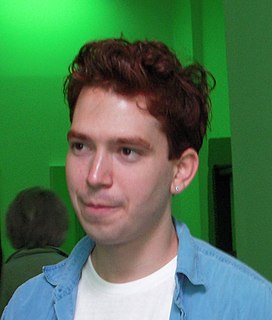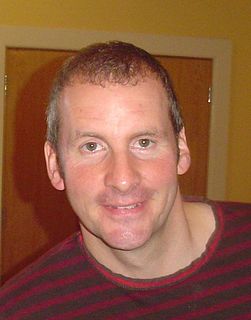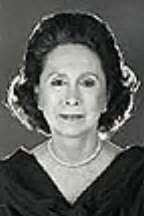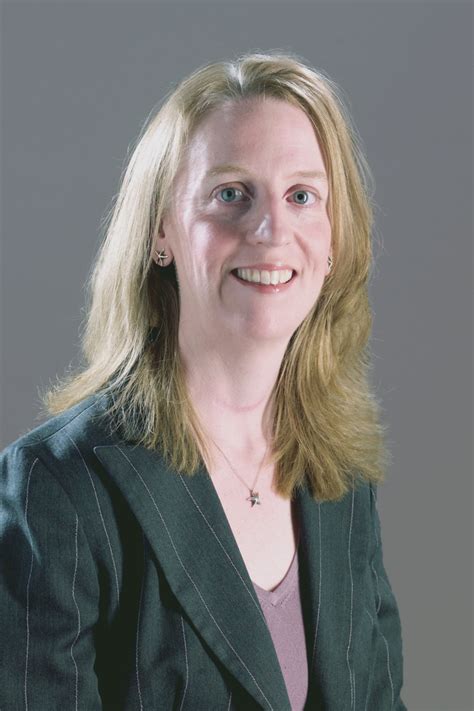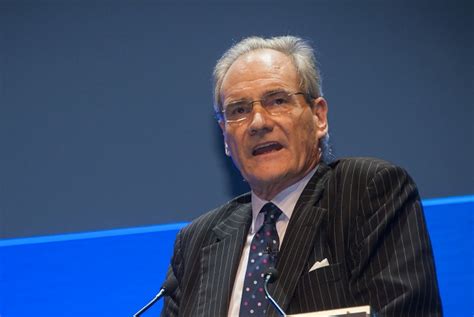A Quote by Ramez Naam
I was much more of a naïve techno-optimist than I am now. I still believe that technology can help us come out of this situation with a richer humanity with less impact on the planet, but now I think it has to be paired with effective policy in order to achieve that.
Related Quotes
Have you come over time to think that you know more now than you did when you were young, know less now than when young, know now there is so much more to know than you knew there was to know when young that it is moot whether you think you knew more then than now or less, or do you now know that you never knew anything at all and never will and only the bluster of youth persuaded you that you did or would?
In the past, it was possible to destroy a village, a town, a region, even a country. Now it is the whole planet that has come under threat. This fact should compel everyone to face a basic moral consideration; from now on, it is only through a conscious choice and then deliberate policy that humanity will survive.
Wearable devices are here to stay, and they'll only get more sophisticated and effective as they evolve. Until now, most of us have made our health and fitness decisions based on what we think we know about ourselves. Advancements in technology - wearables and otherwise - will eventually take much of the guess work out of healthy living.
It [also] lives on its history, now, to some extent: its achievements [ of the Commonwealth] in Rhodesia and South Africa, which were enormous. And they'll live on that for some time, I guess. And there is still - I'm out of touch with it now, of course - but I still think there is a degree of cooperation at the economic level, to some extent, with the more developed countries helping the less developed. How substantial that is now, I simply am not versed.
A lot of people are like, "Oh, it's so much easier to be a supermodel now because you have Instagram. You don't even need an agency anymore." But that's just not true. I still had to go to all the castings, I still had to go meet all the photographers, I still had to do all of that to get to where I am now. There wasn't a step taken out just because I had social media. I still have 12-hour days, I still have even 24-hour days sometimes; I still have to do all those things. We don't work any less hard than the '90s models did when they were young.
The world is now unipolar and contains only one superpower. Canada shares a continent with that superpower. In this context, given our common values and the political, economic and security interests that we share with the United States, there is now no more important foreign policy interest for Canada than maintaining the ability to exercise effective influence in Washington so as to advance unique Canadian policy objectives.
Now, I can't help but feel inferior. When I'm out in public in Afghanistan, I feel inferior because I'm doing everything I can to stay hidden, silent. I feel inferior because I am seeing firsthand the impact of America's foreign policy and can't help but feel like a living, breathing representation of that - despite my own personal views about that policy. It reinforces to me that I want to be part of the solution - and I want my work to be part of the solution - not part of the problem.


